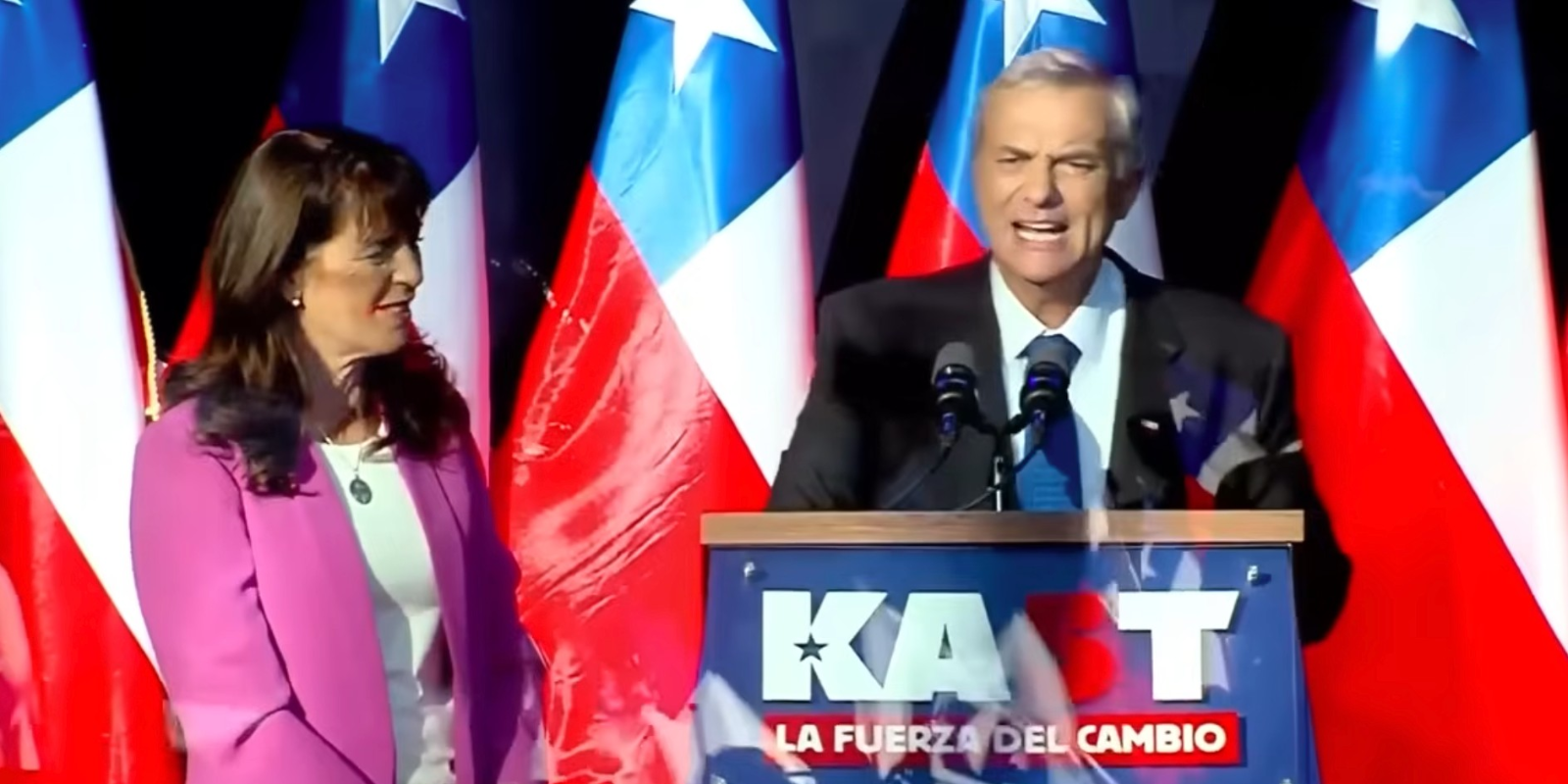Advocates of freedom are rightly alarmed about the misuse of hundreds of millions of forced union dues dollars in the political process. But various regulatory fixes to this fundamental problem using campaign finance laws—sometimes referred to as “paycheck protection”—can neither end the corruption of our political process, nor end the underlying injustice of forced unionism.
Fortunately, the U.S. Supreme Court has agreed to hear an appeal filed by National Right to Work Foundation attorneys and Washington’s attorney general seeking to overturn an activist court ruling of the Washington State Supreme Court that could do lasting damage to the 1st Amendment and to the rights of workers everywhere. Right to Work attorneys brought their part of the case for more than 4,000 non-union teachers in the Evergreen State against the Washington Education Association (WEA) teacher union.
Early this year, Washington’s highest court struck down the last remaining provision of the state’s paycheck protection law. The law required union officials to gain non-union employees’ consent before spending their forced dues for narrowly defined political activities. In the process, however, the court majority somehow found a constitutional “right” for union officials to spend non-union employees’ forced dues on political activities.
As the Right to Work’s petition to the U.S. Supreme Court pointed out, the Washington State court got the 1st Amendment protections of free speech and freedom of association completely wrong. “While the power to persuade is protected by the First Amendment, the power to compel conformity (and financial support) is not,” wrote foundation attorney Milton Chappell.
Yet, even if the U.S. Supreme Court reverses the Washington high court’s overreaching decision— which the three-member dissent noted “turns the First Amendment on its head”—and merely reinstitutes the paycheck protection law, Washington’s non-union employees will nevertheless find disappointingly little relief from the misuse of their forced union dues.
After all, even if the Supreme Court upholds this law, employees will only receive small refunds of no more than $25 per year, because most of the union’s political spending is, by design, outside the reach of this campaign finance regulation. Furthermore, even if most or all of the political expenditures were refunded, non-union employees would still face the injustice of having to choose between funding other activities of a union they do not support or being fired from their jobs. The fact is no one should be forced to pay dues or fees to a union to get or keep a job, no matter the purpose of those fees.
The Heritage Foundation pointed out in a recent study that “circumstantial reports certainly suggest that” union officials have “found ways to circumvent the intent of most of the paycheck protection laws passed by the states, finding ways to spend their members’ dues on politics even when their members object.”
Meanwhile, Bryan O’Keefe of the Capital Research Center found, after studying the result in four states, that “union receipts have either stayed roughly the same or actually increased since paycheck protection took effect.” And Bob Hunter of the Mackinac Center for Public Policy Research reported that, since Michigan passed its paycheck protection law, “the amount of money spent on non-collective bargaining purposes is pretty much unfettered and there is a pretty much a green light for the unions.”
Put simply, paycheck protection correctly diagnoses one symptom of a problem, but then seeks to cure it with incorrect medicine. The real problem of course is that every day, 12 million American workers must fork over part of their hard earned paychecks to unions under “pay up or be fired” threats, despite the fact that polls consistently show that roughly 80% of Americans believe that it is wrong to force employees to join or pay dues to a union against their will.
Unfortunately, although well-meant, paycheck protection regulations do not actually fix that injustice. Instead of simply eliminating the power of union officials to compel workers to pay dues—as 22 states have already done with Right to Work protections—paycheck protection provisions try to regulate how, and for what reasons, union bosses can compel employees to pay up. Under paycheck protection, the debate shifts from whether or not to allow workers’ money to be seized against their will, to how the seized loot is to be spent. Advocates for freedom should be more concerned with the initial act of compulsion than with the resulting political ramifications.
In addition, these laws are often just plain ineffective at addressing the problem they purport to solve. For example, just one year after Washington’s paycheck protection law took effect, the WEA union—the defendant in the Supreme Court case—had actually increased the amount it spent to influence politics by 60%, as then-Seattle Times columnist Michelle Malkin reported. Union officials accomplished this by funneling nonmembers’ money into lobbying and “community outreach programs” that supported union partisans’ political objectives, but sidestepped the narrow limits imposed by paycheck protection.
One Washington teacher, frustrated by the shortcomings of the paycheck protection law, observed in a Seattle Post-Intelligencer column that “it seems clear that no carefully crafted initiative… can overcome the natural evolution of a forced union law into union corruption and worker abandonment.”
No matter one’s opinion on the underlying law being challenged, one thing is very clear: In striking down the paycheck protection law, an activist Washington Supreme Court created a new precedent that could further subjugate the rights of non-union members. If our nation’s highest court fails to reverse this precedent that awarded union officials a “constitutional right” to spend nonmembers dues, union officials will likely use it to attack more fundamental Right to Work protections around the country.
The lesson here is simple. Imposing more government regulation to fix a problem caused by government in the first place is not the approach for those who believe in limited government and freedom—and, as we see from the Washington experience, it does little to limit the ill effects of forced unionism. Only striking from the books laws that grant union officials the special privileges of monopoly bargaining and forced union dues will effectively protect employee free choice.
Let’s hope that the U.S. Supreme Court strikes down the bad precedent in Washington State. And let’s hope that all sincere advocates of employee freedom learn from these lessons and redirect their efforts to take away—rather than regulate—Big Labor’s outrageous special privilege to seize forced union dues in the first place.





